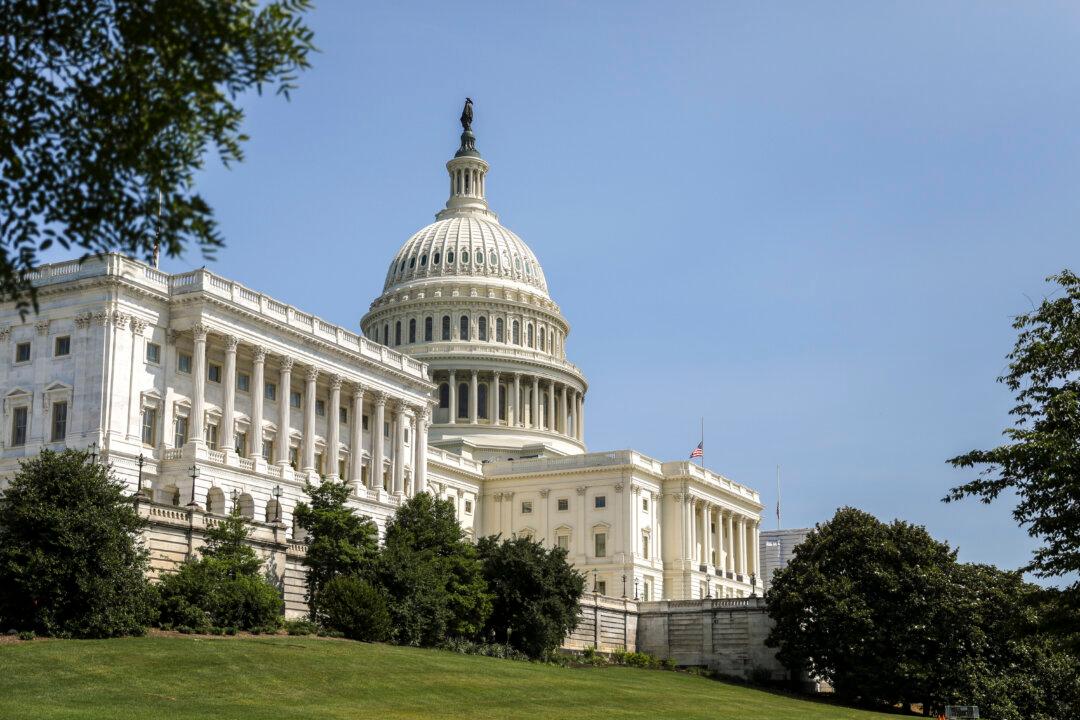House Democrats want to restore earmarks next year despite new Congressional Budget Office (CBO) projections that the federal budget deficit will reach $3.3 trillion this year and a cumulative total in excess of $13 trillion over the next decade.
CBO Director Phillip Swagel told the Senate Budget Committee on Sept. 23 that the long-term outlook for the economy “is daunting, but at the same time, the United States is not facing an immediate fiscal crisis” because interest rates remain at historic lows.





